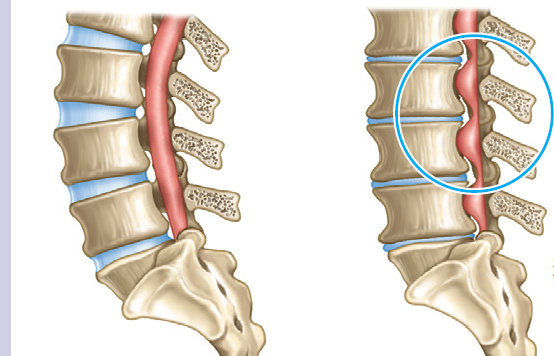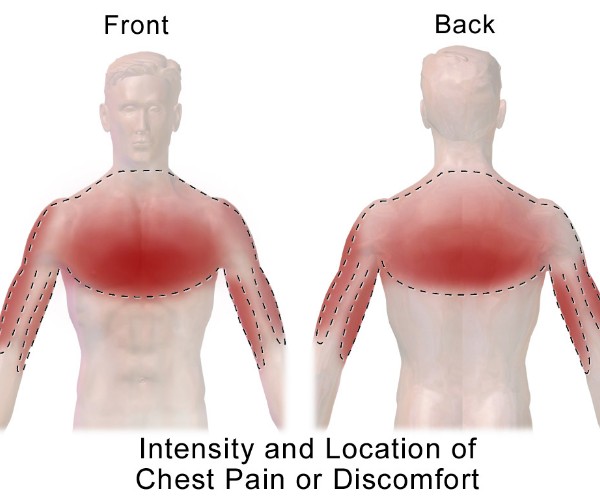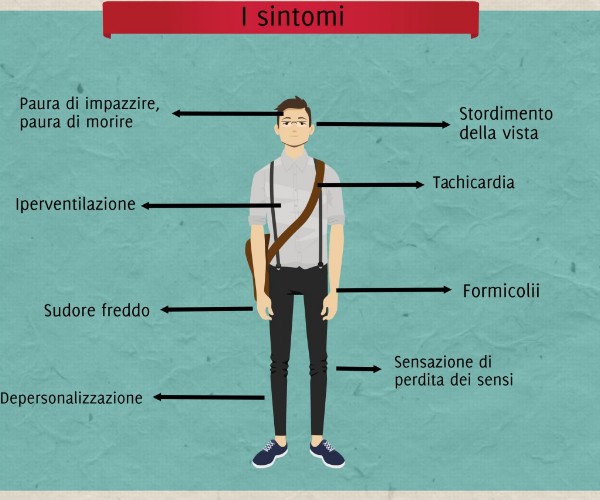A transient ischemic attack (TIA stands for transient ischemic attack) is characterized by a temporary interruption or reduction in blood flow to the brain. It lasts a few minutes and generally causes no permanent damage. It occurs when in the arteries that carry blood to the brain the passage of blood and oxygen is obstructed by a small solid blood clot (embolus or clot) or by narrowing (stenosis) of blood vessels due to cholesterol plaques (atherosclerotic). This condition results in suffering for the brain (ischemia), which, however, lasts only a few minutes, generally lasting no more than an hour. If it continues beyond 24 hours, it is called a stroke. It is manifested by problems such as difficulty speaking and comprehension, sudden weakness, facial or limb paralysis, and dizziness. These are stroke-like symptoms, but temporary. It is no accident that transient ischemic attack (TIA) is called mini-stroke.



































































































